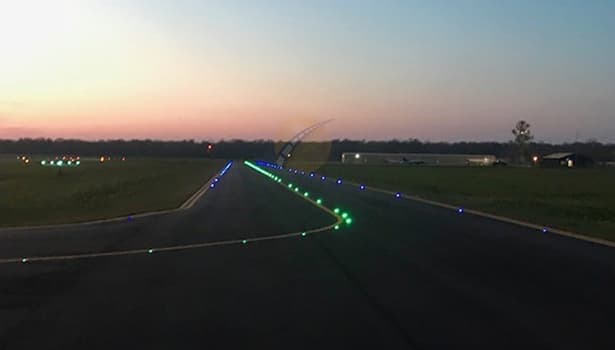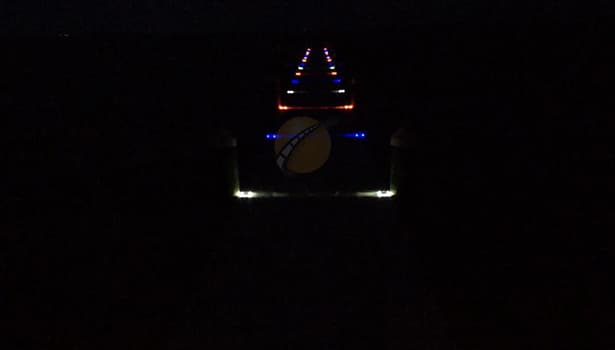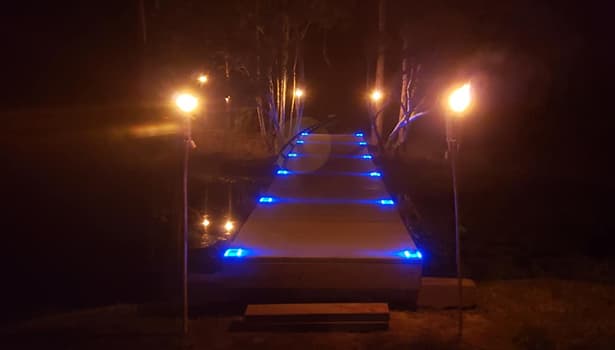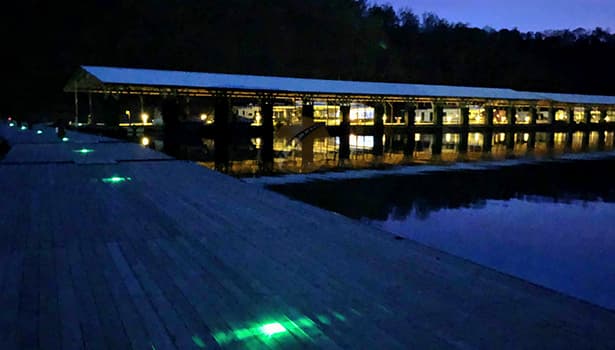
(English)
-
 English
English -
 Arabic
Arabic -
 Bulgarian
Bulgarian -
 Chinese (Simplified)
Chinese (Simplified) -
 Chinese (Traditional)
Chinese (Traditional) -
 Croatian
Croatian -
 Czech
Czech -
 Danish
Danish -
 Dutch
Dutch -
 Finnish
Finnish -
 French
French -
 German
German -
 Greek
Greek -
 Hindi
Hindi -
 Italian
Italian -
 Japanese
Japanese -
 Korean
Korean -
 Norwegian
Norwegian -
 Polish
Polish -
 Portuguese
Portuguese -
 Romanian
Romanian -
 Russian
Russian -
 Spanish
Spanish -
 Swedish
Swedish -
 Catalan
Catalan -
 Filipino
Filipino -
 Hebrew
Hebrew -
 Indonesian
Indonesian -
 Latvian
Latvian -
 Lithuanian
Lithuanian -
 Serbian
Serbian -
 Slovak
Slovak -
 Slovenian
Slovenian -
 Ukrainian
Ukrainian -
 Vietnamese
Vietnamese -
 Albanian
Albanian -
 Estonian
Estonian -
 Galician
Galician -
 Hungarian
Hungarian -
 Maltese
Maltese -
 Thai
Thai -
 Turkish
Turkish -
 Persian
Persian -
 Afrikaans
Afrikaans -
 Malay
Malay -
 Swahili
Swahili -
 Irish
Irish -
 Welsh
Welsh -
 Belarusian
Belarusian -
 Icelandic
Icelandic -
 Macedonian
Macedonian -
 Yiddish
Yiddish -
 Armenian
Armenian -
 Azerbaijani
Azerbaijani -
 Basque
Basque -
 Georgian
Georgian -
 Haitian Creole
Haitian Creole -
 Urdu
Urdu -
 Bengali
Bengali -
 Bosnian
Bosnian -
 Cebuano
Cebuano -
 Esperanto
Esperanto -
 Gujarati
Gujarati -
 Hausa
Hausa -
 Hmong
Hmong -
 Igbo
Igbo -
 Javanese
Javanese -
 Kannada
Kannada -
 Khmer
Khmer -
 Lao
Lao -
 Latin
Latin -
 Maori
Maori -
 Marathi
Marathi -
 Mongolian
Mongolian -
 Nepali
Nepali -
 Punjabi
Punjabi -
 Somali
Somali -
 Tamil
Tamil -
 Telugu
Telugu -
 Yoruba
Yoruba -
 Zulu
Zulu -
 Myanmar (Burmese)
Myanmar (Burmese) -
 Chichewa
Chichewa -
 Kazakh
Kazakh -
 Malagasy
Malagasy -
 Malayalam
Malayalam -
 Sinhala
Sinhala -
 Sesotho
Sesotho -
 Sudanese
Sudanese -
 Tajik
Tajik -
 Uzbek
Uzbek -
 Amharic
Amharic -
 Corsican
Corsican -
 Hawaiian
Hawaiian -
 Kurdish (Kurmanji)
Kurdish (Kurmanji) -
 Kyrgyz
Kyrgyz -
 Luxembourgish
Luxembourgish -
 Pashto
Pashto -
 Samoan
Samoan -
 Scottish Gaelic
Scottish Gaelic -
 Shona
Shona -
 Sindhi
Sindhi -
 Frisian
Frisian -
 Xhosa
Xhosa
More Language



